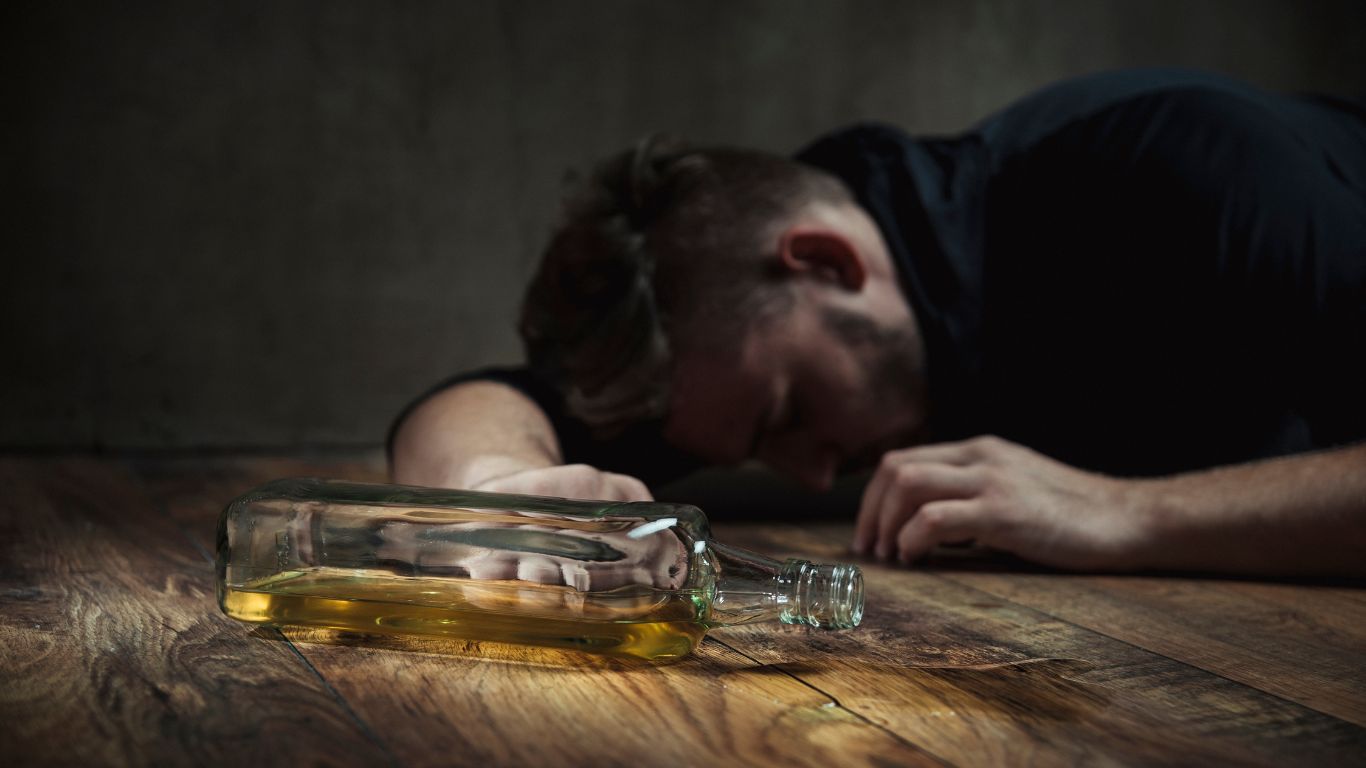Alcohol addiction is a chronic disorder and like other chronic disorders, there will be periods of abstinence and periods of alcohol relapse. It can be alarming when a person in recovery starts drinking again. You should never feel like a relapse as a failure, people relapse often and are a part of the recovery process. Remember if alcoholics start drinking again, the important part is to get them back on their treatment program. They were able to do it once, and they can do it again.
What Causes Relapse on Alcohol?
When a person is in recovery, it is important to remember that alcohol addiction is a disease and not a choice. Those battling with alcohol use disorder do not have control over their cravings or behaviors, which is why relapse is so common. Substance abuse has caused changes in the brain that has taken away their ability to make decisions and exhibit self-control. Usually, relapse happens due to being exposed to people, places, emotions, or things that trigger memories of alcohol abuse. Relapse triggers cause intense cravings and they feel they need to start drinking again. Some top reasons for relapse include:
- Mental health issues such as anxiety, depression, and PTSD
- Lack of coping skills and not being able to handle relapse triggers
- Environmental triggers can include old places they used to party or seeing someone drinking
- Negative or difficult emotions such as stress or anxiety
- Loss of motivation including losing sight of structure and falling back into old habits
- Social triggers such as people who share addictive behavior or toxic relationships
Signs of Relapse: How to Tell if a Loved One May Be Drinking Again
Being able to see relapse warning signs in a person allows you to offer your support and encouragement and hopefully stop an impending alcohol relapse. Some relapse warning signs include:
- Behavioral Changes. The first thing to look for in someone with alcohol use disorder is changes in attitude such as irritability and moody behavior. This can be an indicator they are angry and that they had a drink and relapsed. They may even have mood changes from just emotional relapse and feeling guilty about that.
- Physical Changes. When a person is dealing with alcohol abuse every day, they will not look healthy. Their face could be red and blotchy, could look bloated, and neglect personal hygiene.
- Social Withdrawal and Isolation. When a person starts drinking again, they may feel shame and isolate themselves, such as failing to follow through on plans and personal obligations.
- Rejecting Support. When an alcoholic has started drinking again, they will stop going to their support groups and reject support from others.
- Reverting Back to Old Behavior Patterns. This can include hanging out with old drinking buddies or going back to locations where they used to drink.
What to do After Someone Relapses
Number one is to remember alcohol addiction is a disease and people relapse often. This is not a failure and it is important to help the person in recovery get back on track. Remain positive and help them get back into an addiction treatment program. Help them come up with a new relapse prevention plan. Also, take care of yourself. You cannot help a loved one if you are burnt out.
TruPath Offers Alcohol Addiction Treatment and Relapse Prevention Therapy
TruPath offers all levels of care throughout its network of treatment centers. Personalized treatment plans at every location allows us to create a treatment plan that meets the person anywhere in their addiction recovery journey. Part of our treatment programs includes relapse prevention planning and family therapy, which can help you and your loved one heal and create a better addiction recovery plan together.
Please give us a call today if your loved one has experienced an alcohol relapse and needs addiction recovery treatment.







